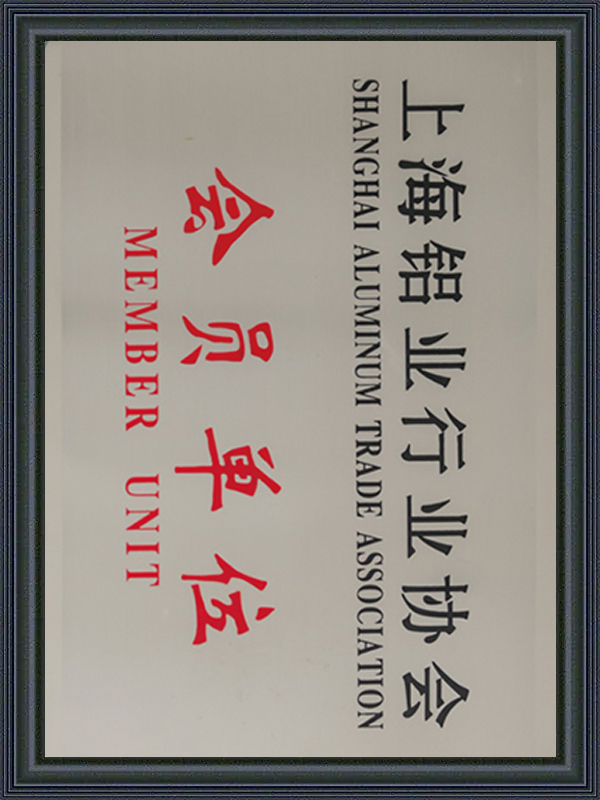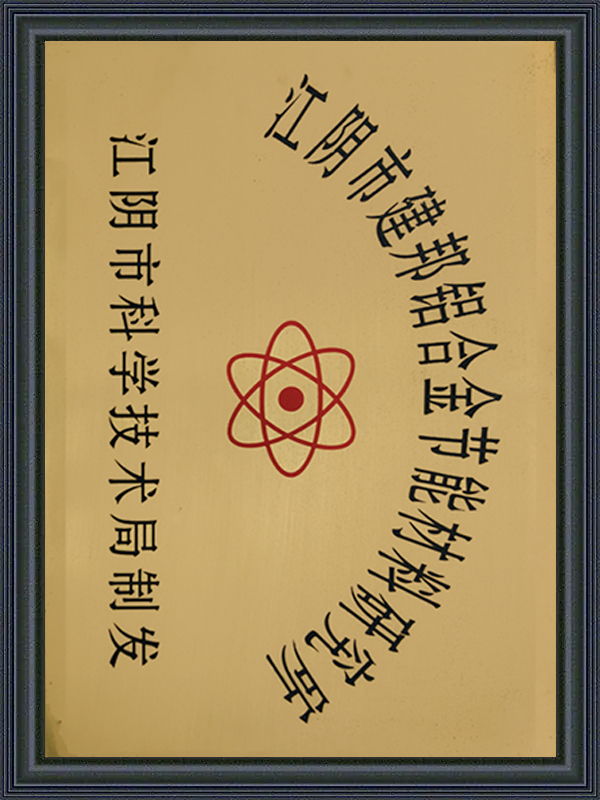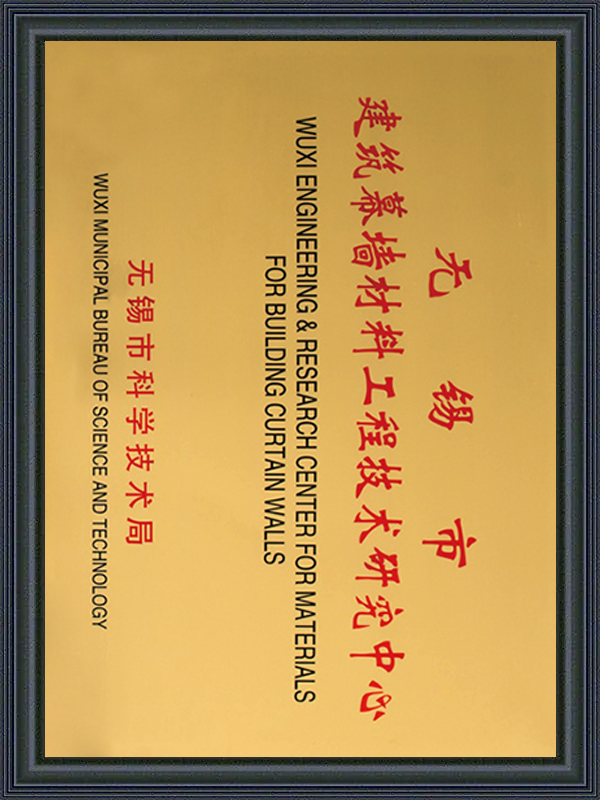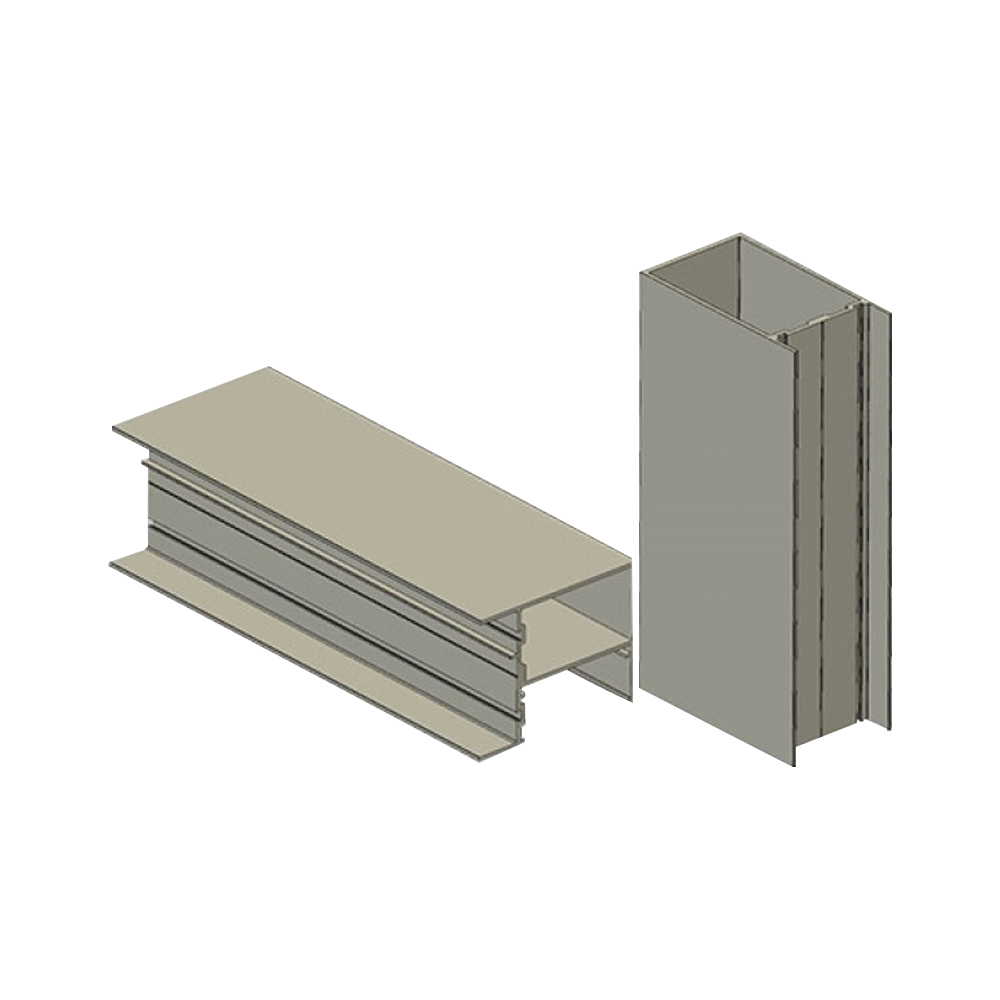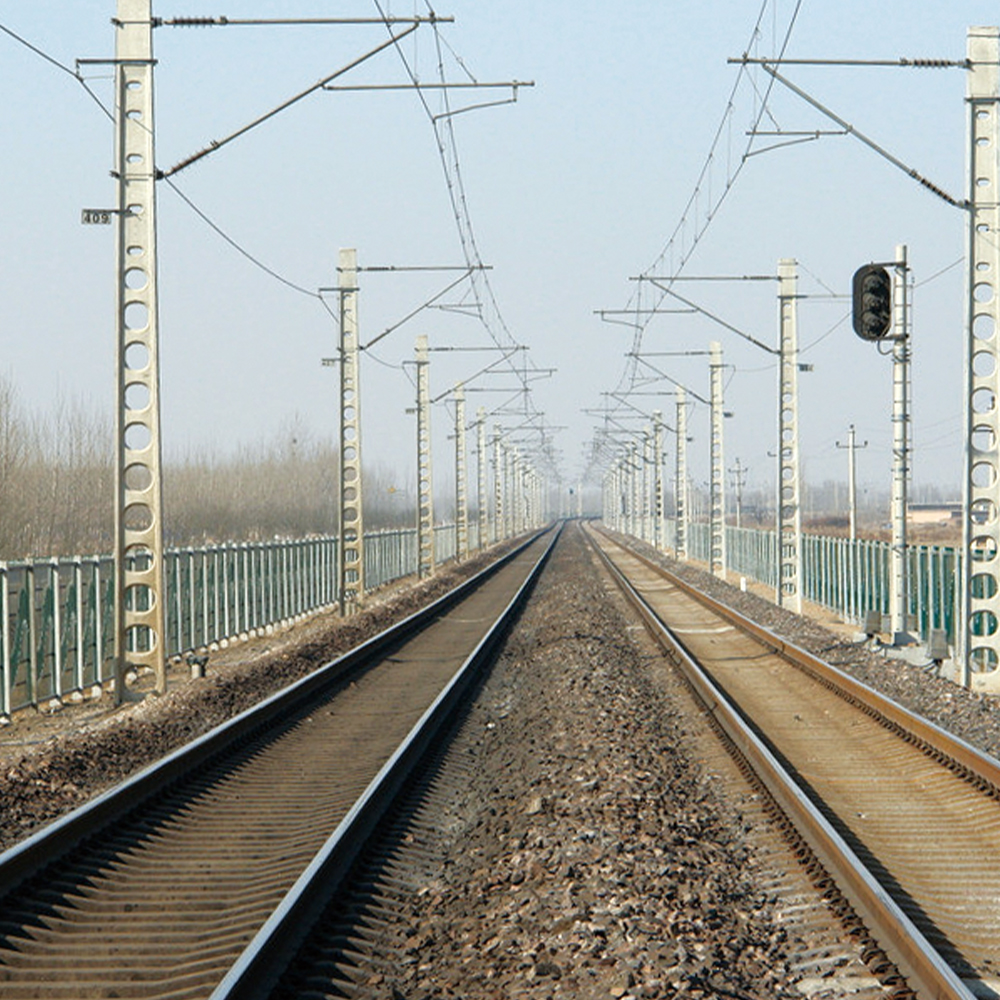In the manufacturing industry, advances in CNC machining technology cannot be made without the support of high-quality materials. Industrial aluminium profiles have become an indispensable material fo...
READ MOREIndustrial Automotive Parts Precision Machining
In the world of industrial automotive manufacturing, precision machining stands as a cornerstone for producing components that define vehicle performance and reliability. This advanced process ensures extreme accuracy, tight tolerances, and consistent quality, which are critical when crafting engine parts, transmission systems, braking mechanisms, and suspension elements. With modern CNC (Computer Numerical Control) technology at its core, precision machining delivers unparalleled consistency in every part produced. Whether you're manufacturing high-performance engines or designing intricate gearboxes, this method guarantees adherence to strict industry standards. The result? Vehicles that not only perform better but also offer enhanced safety and longevity—key selling points for today’s discerning consumers. By leveraging precision machining, manufacturers can deliver products that meet the demands of both traditional combustion-engine vehicles and emerging technologies like electric and autonomous cars.
Boosting Efficiency and Sustainability Through Precision
One of the standout advantages of industrial automotive parts precision machining is its ability to reduce wear and tear on vehicle components while enhancing overall efficiency. Precisely machined parts fit together seamlessly, minimizing friction and energy loss within mechanical systems. This directly translates to improved fuel economy for conventional vehicles and optimized power consumption for electric models. In an era where sustainability is no longer optional but essential, precision machining plays a pivotal role in supporting eco-friendly initiatives. Additionally, these finely crafted components contribute to reduced maintenance costs over time, offering long-term value to vehicle owners. As the automotive industry continues to evolve with stricter emissions regulations and growing consumer demand for greener solutions, precision machining remains indispensable in driving innovation forward—all while ensuring superior product performance.
Meeting Diverse Needs Across Automotive Applications
From mass production lines to custom aftermarket modifications, precision machining caters to a wide range of applications within the automotive sector. For large-scale manufacturers, this process provides the scalability needed to produce thousands of identical parts without compromising quality. Meanwhile, smaller operations benefit from the flexibility of CNC machining, allowing them to create specialized components tailored to unique requirements. Aftermarket producers rely heavily on precision machining to craft replacement parts that seamlessly integrate into existing systems, maintaining or even enhancing original equipment performance. Custom car enthusiasts also turn to this technology for bespoke modifications that elevate their vehicles’ aesthetics and functionality. Regardless of the application, precision machining ensures reliability, durability, and compatibility—qualities that make it a go-to solution across all facets of the automotive industry.
Supporting the Future of Mobility
As the automotive landscape shifts toward electrification and autonomous driving, precision machining adapts effortlessly to meet new challenges. Electric vehicles (EVs) require highly specialized components such as battery housings, motor casings, and thermal management systems—all of which demand exceptional precision during fabrication. Similarly, autonomous vehicles rely on meticulously crafted sensors, actuators, and control modules to ensure safe operation. Precision machining enables the creation of these complex parts with exacting detail, empowering automakers to stay ahead of technological advancements. Moreover, the adaptability of CNC machining allows manufacturers to quickly pivot between different projects, accommodating rapid prototyping and iterative design processes. In essence, precision machining isn’t just about meeting current needs; it’s about shaping the future of mobility by enabling cutting-edge innovations that redefine how we interact with vehicles.
Why Choose Precision Machining for Your Automotive Needs?
When it comes to selecting a manufacturing process for automotive parts, precision machining offers unmatched benefits that set it apart from other methods. Its combination of speed, accuracy, and versatility makes it ideal for addressing the dynamic needs of the automotive industry. Manufacturers who prioritize precision machining gain a competitive edge by delivering products that exceed customer expectations in terms of quality and performance. Furthermore, businesses can leverage this technology to streamline production timelines, reduce material waste, and lower operational costs—all while maintaining compliance with stringent regulatory standards. For companies looking to establish themselves as leaders in the automotive space, adopting precision machining isn’t just a smart choice—it’s a strategic imperative. Embrace the power of precision machining today and position your brand at the forefront of automotive excellence tomorrow.
-
-
With the growth of global demand for renewable energy, the application of industrial aluminium profiles in the field of new energy is promising. Especially in the field of solar and wind energy, alumi...
READ MORE -
Industrial aluminium profiles become new favourite as construction industry turns to green materials
The construction industry is progressively adopting environmentally friendly materials to reduce its impact on the environment. Industrial aluminium profiles are one of the preferred materials for gre...
READ MORE -
In recent years, automobile lightweight has attracted more and more attention, which is of extremely important significance to automobiles. Realize the lightweight of the car, the weight of the whole ...
READ MORE -
I believe that anyone who knows industrial aluminum profiles should know the industrial aluminum profile frame. Here I will give you a brief introduction: Industrial aluminum profile is also called fr...
READ MORE



 English
English 日本語
日本語 한국어
한국어




